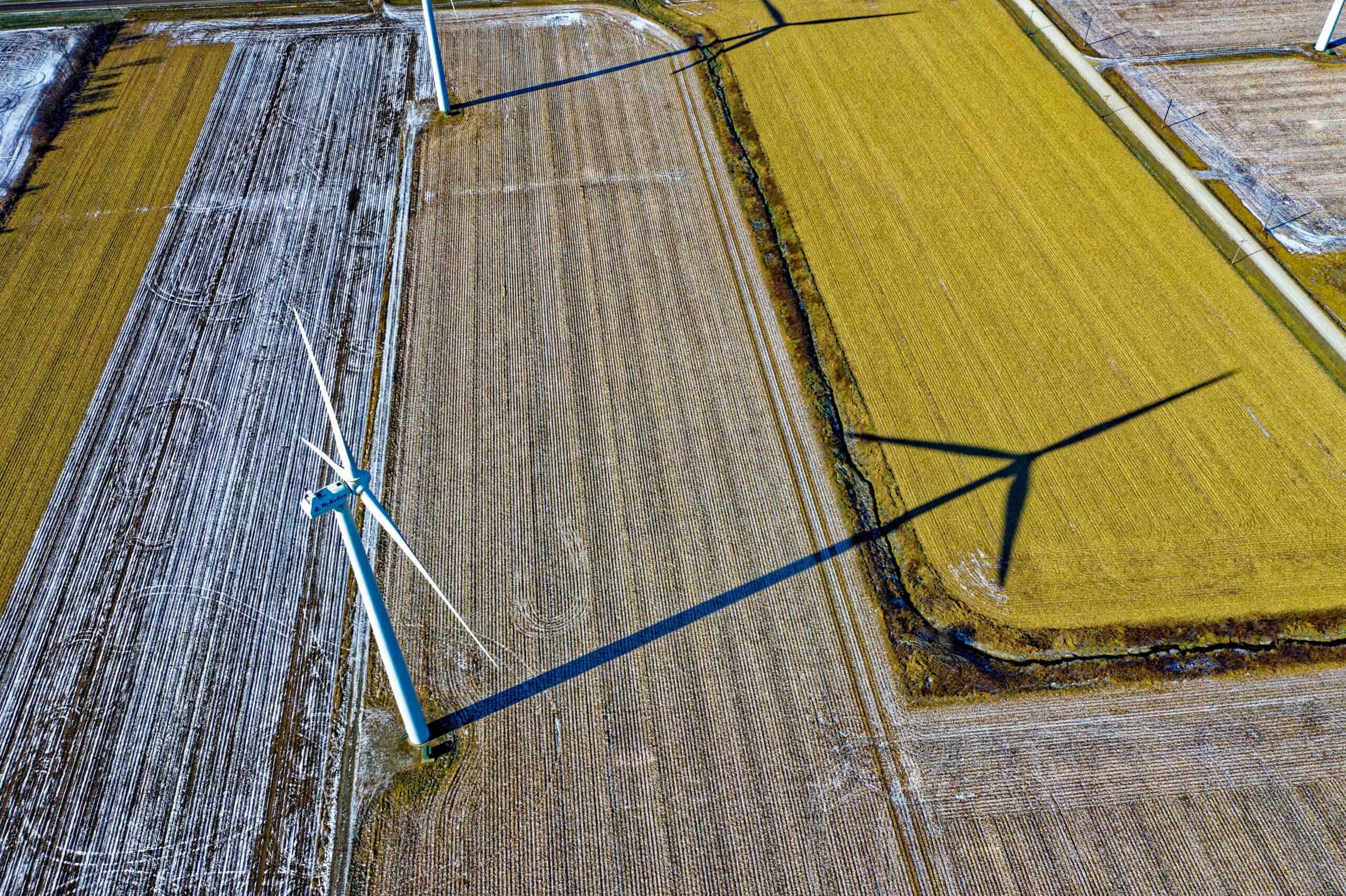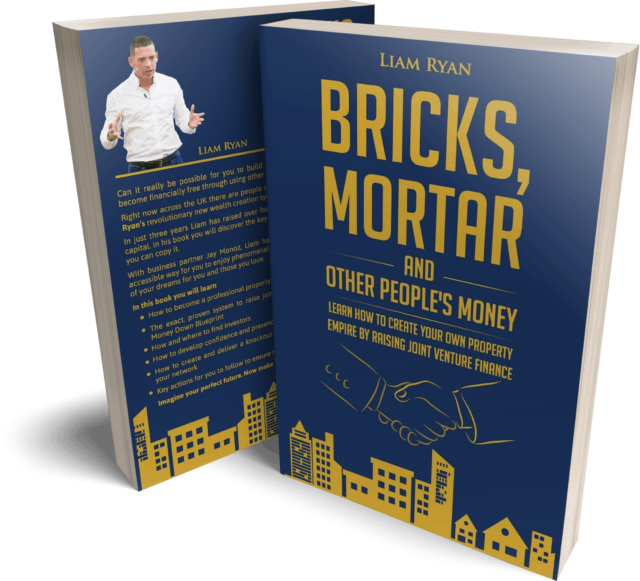Discover the best UK cities to invest in property in 2026, with strong rental demand, high yields, regeneration and growth potential.
Read MoreSustainable practices in property development have become increasingly important in recent years as we’ve come to realise the impact that our actions have on the environment. It’s no longer enough to focus solely on profit margins and aesthetics when designing and constructing buildings. We need to consider the long-term effects of our decisions on the planet, as well as the health and wellbeing of those who use these spaces.
Table of Contents
ToggleLuckily, there are many sustainable practices that developers can incorporate into their projects to minimise their carbon footprint, promote energy efficiency, and improve the overall quality of life for their tenants or occupants. In this blog post, we’ll explore some of these practices and discuss the benefits they offer.

Passive design is a practice that focuses on building homes and structures that are naturally energy-efficient. By orienting buildings to take advantage of natural light and ventilation, we can reduce the amount of energy needed for heating, cooling, and lighting. Other passive design features include the use of insulation, shading devices, and materials that retain heat or cold.
Water conservation is another important aspect of sustainable property development. This involves implementing water-saving measures like low-flow toilets, faucets, and showerheads, as well as incorporating rainwater harvesting systems, greywater recycling, and other strategies to maximize the use of available water resources.
Renewable energy sources like solar, wind, and geothermal power are becoming increasingly popular in property development. By harnessing these natural resources, developers can reduce their reliance on non-renewable energy sources and help to reduce greenhouse gas emissions. In some cases, developers may even be able to sell excess energy back to the grid, providing an additional source of revenue.
Choosing sustainable materials is another important practice in property development. This involves selecting materials that are eco-friendly, energy-efficient, and sustainable throughout their life cycle. Recyclable or biodegradable materials, low-emission products, and locally sourced materials are all good options that minimize the environmental impact of the construction process.
Finally, community design is an important aspect of sustainable property development. By designing neighborhoods and communities that encourage sustainable transportation choices like cycling, walking, and public transportation, developers can reduce the number of cars on the road and promote a healthier, more active lifestyle. Additionally, incorporating green spaces and other amenities into community planning can improve the overall quality of life for residents.
Sustainable practices in property development are essential for building a better future for ourselves and future generations. By incorporating passive design, water conservation, renewable energy, sustainable materials, and community planning into our projects, we can reduce our impact on the environment and create healthier, more livable spaces for everyone. As a developer, it’s important to prioritise sustainability and think about the long-term impact of your decisions. Together, we can build a future that’s not only beautiful and functional but also environmentally conscious and sustainable.
If you don’t have thousands in the bank for a deposit to buy investment properties, then click here your FREE guide!
Discover the best UK cities to invest in property in 2026, with strong rental demand, high yields, regeneration and growth potential.
Read MoreThinking of selling your buy-to-let? Learn how to time the market, manage tax and maximise equity with expert landlord advice.
Read MoreDiscover UK planning permission loopholes, permitted development rights and when you can extend, convert or renovate without consent.
Read MoreLearn what the Bank of England base rate is, how it’s set, and how changes can impact buy-to-let mortgages and property investors.
Read More
Claim Your Free Copy
Assets For Life LTD is a company incorporated in England and Wales with registered number 09935286 and registered offices at Assets for Life Ltd, Suite 105, Waterhouse Business Centre, 2 Cromar Way, Chelmsford, Essex, England, CM1 2QE, United Kingdom.
Assets For Life LTD is registered with the Information Commissioner’s Office, with registration number ZA280607
COPYRIGHT © 2024 ASSETS FOR LIFE, ALL RIGHTS RESERVED. WEBSITE BY AMPLIFY MARKETING